Pepper diseases and methods of protection
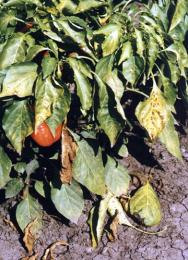
According to statistics, against pests and plant diseases Gardeners lose about a third of their harvest. Therefore, during the cultivation of certain vegetables or fruits, a special role is given to protecting plants from diseases.
Pepper diseases and methods of protection They are especially interesting for amateur gardeners, since this capricious vegetable, even if it produces fruits, during ripening they can disappear, just like the whole plant. Well, almost everyone knows about the benefits of pepper - this a rich source of glucose, protein, vitamins E, C, B1, P1, V3, provitamin A, carotene and mineral salts.
During cultivation, peppers are often affected by fungi, bacteria, viral and even microplasma diseases. Therefore, pepper diseases and methods of protection against them are studied to one degree or another by all gardeners, each of whom knows that it is better to prevent a disease than to treat it.
The most common diseases of pepper are blackleg, which affects the root system, softens it and the plant withers. To prevent this disease, seeds must be treated before planting in the ground for seedlings. If plants are grown in greenhouses, they must also be disinfected.
Dry spotting a very common disease of peppers and other vegetables in hot regions where rain falls periodically. Its causative agent is the imperfect fungus Alternana solani, which is killed during seed dressing before planting or treatment with chemicals during the growing season.
A similar disease is white spot, the control measures for which are very similar to those against the previous disease.
There are a lot of diseases of pepper, like other varieties of nightshades, and each of them has its own precautions, the main one of which is seed dressing even before sowing seedlings. It’s just advisable to be extremely careful with chemicals.

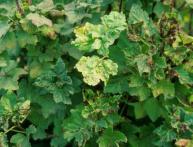
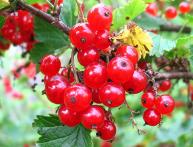
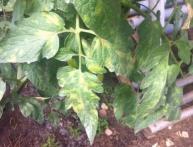
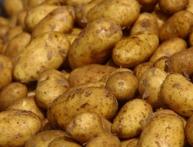
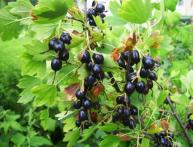
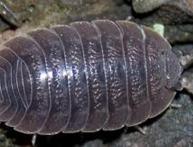
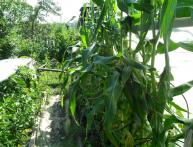
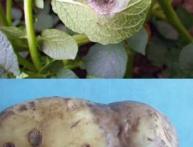
Comments
Every year, brown spots appear on the pepper fruits in the greenhouse, which increase in size and the fruit rots. Help, what to do? It's a shame to lose the harvest.